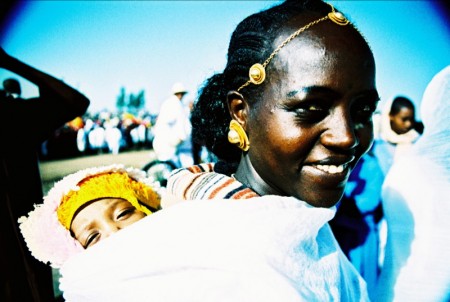
“Why don’t we have a Global Fund for maternal health, like the one for TB, malaria and AIDS?”, implored Dr Siriel Nanzia Massawe, an obstetrician in Dar es Salaam, Tanzania.
I was jolted by this desperate doctor’s question, buried in a recent New York Times article about the prevalence of maternal deaths during pregnancy and childbirth in sub-Saharan Africa.
You mean we don’t have a Global Fund fighting maternal – and for that matter, child – mortality? I wondered incredulously.
After all, two of the Millennium Development Goals (MDGs) call for a significant reduction in child and maternal mortality by 2015. And former UN secretary-general Kofi Annan established the Global Fund to Fight AIDS, Tuberculosis and Malaria in 2001 to reach this third health-related MDG.
So why has only the MDG addressing communicable diseases been deemed worthy of a Global Fund? After all, the international community is far behind on all MDG health-related targets: maternal mortality has been stagnant for two decades; more than nine million children under age five still die every year; and AIDS infection rates are still too high for antiretroviral treatments to keep pace.
Clearly, a more synergized and streamlined approach to the three health-related MDGs is desperately needed. Each one impacts the other: For example, AIDS and malaria cause specific complications for pregnant women and their fetus’s development.
In the end, perhaps every one of these MDG initiatives could be more fully realized if greater attention were paid to how they interact. Has the time for an integrated Global Fund for Health arrived?

